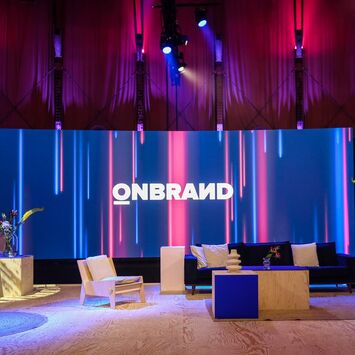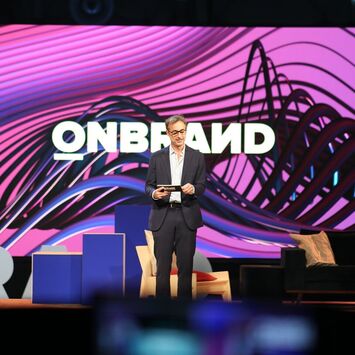While the main end-goal of any branded content is conversion, a data-driven world may be missing the bigger picture. At present, the success of content and its corresponding ROI is gauged using quantifiable measures such as page views and CTA clicks. However, return on engagement, which is much harder to measure and quantify, may have much deeper and long-lasting impact on brand awareness and reputation, especially for emerging brands.
ROI can be used in the professional sphere to justify expenditure and prove the worth of marketing strategies in the boardroom. And it is no doubt particularly effective when using strategies such as PPC and SEO, since these are techniques which can be directly correlated with sales. For X amount spent on PPC, our company makes Y amount in sales - measuring ROI for quantifiable marketing techniques is straightforward.
Yet, try to apply the same methodology to content engagement and you’ll quickly run into problems. While there are myriad metrics and statistics that attempt to measure engagement, there is no single metric that accurately measures the ROI of content. Firstly, it is impossible to ascertain the quality of consumer who is viewing your content since there are so many variables at play: could the consumer who spent 5 minutes actively ‘browsing your site’ actually be making a coffee? Secondly, while content may not always drive short-term results, the long-term effect of compelling content is perhaps much more significant in determining a brand’s growth and potential to thrive over the long-term. In today’s world of rapid communications, trustworthiness and relevance are invaluable for long-term brand stability.
However, in a data-driven era, it’s been recognised that ROE (return on engagement) is a potentially more powerful indicator of whether content is successful or not. Recent studies have proven that higher engagement on content led to a lift in brand awareness, brand opinion, brand associations, brand trust and, and perhaps most importantly, likelihood to purchase. Marketing guru Seth Godin said “being trusted ts the single most urgent way to build a business”. Buzzword-laden content that moves a brand’s website up a notch in google search rankings may not necessarily provide the long-term benefits that truly engaging content will afford a business in the long-term.
Taking into account ROE is especially relevant in a world where increased transparency and audience empowerment means that brands are finding it harder to make and maintain impressions. Now that there is a content surplus and companies are fiercely competing for consumers’ limited attention, it is imperative for brands that content is engaging, memorable and compelling, if it is to have any sort of impact in this new era.
The response? Bigger brands and corporations have reacted to the shifting landscape by becoming brand publishers. Coca-Cola’s rebranded website, ‘The Coca-Cola Journey’, is a prime example of how brands are trying to adapt to this new age of marketing. In Coca-Cola 2020, Jonathan Mildenhall sets out an ambitious vision for Coca-Cola’s marketing scheme that leverages the brand not through traditional advertising but by adding value to consumer’s lives in the long-term using creative content. A scheme which privileges ROE over ROI, Coca-Cola’s scheme indicates a new direction for the marketing efforts of the future.








